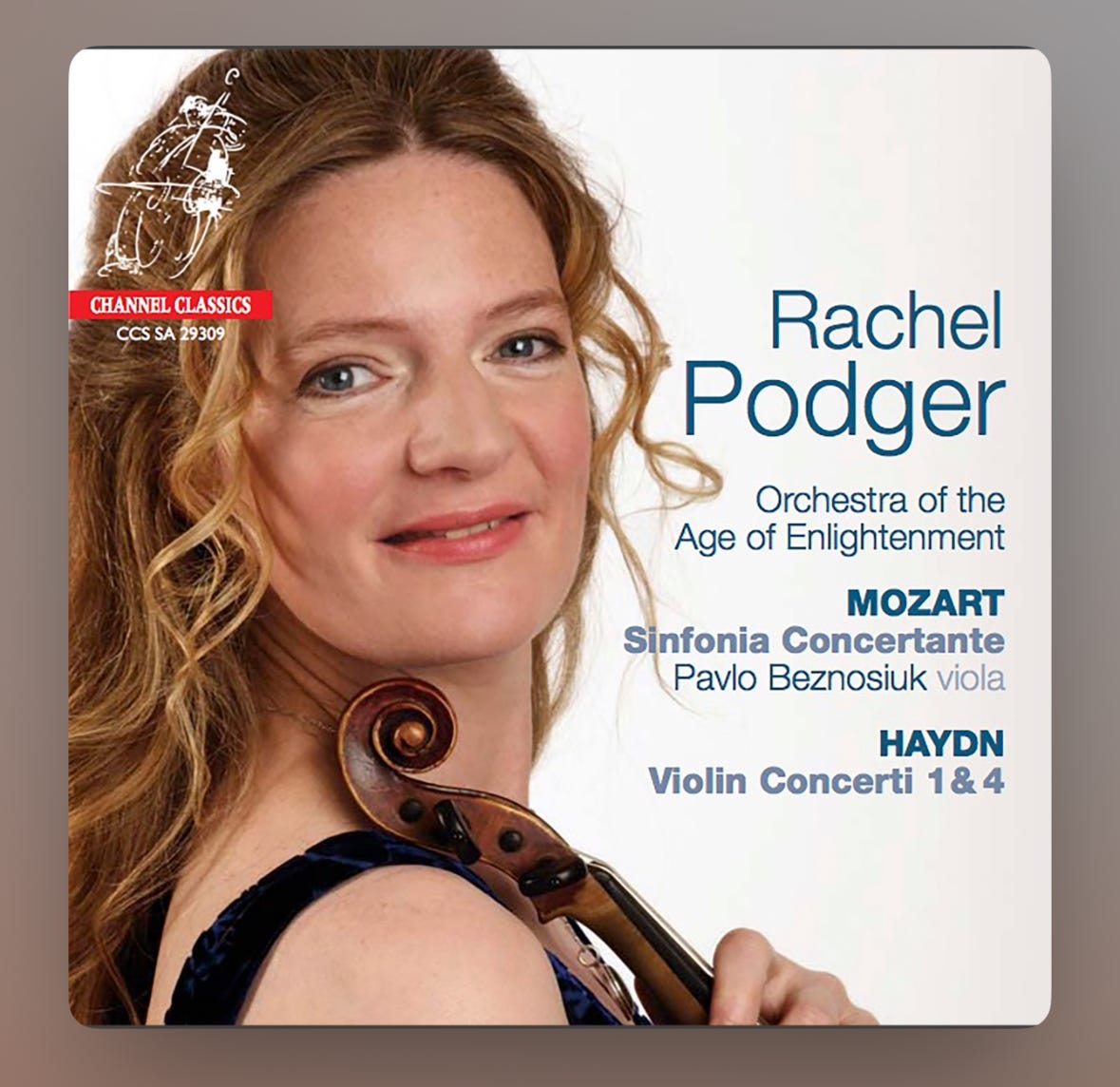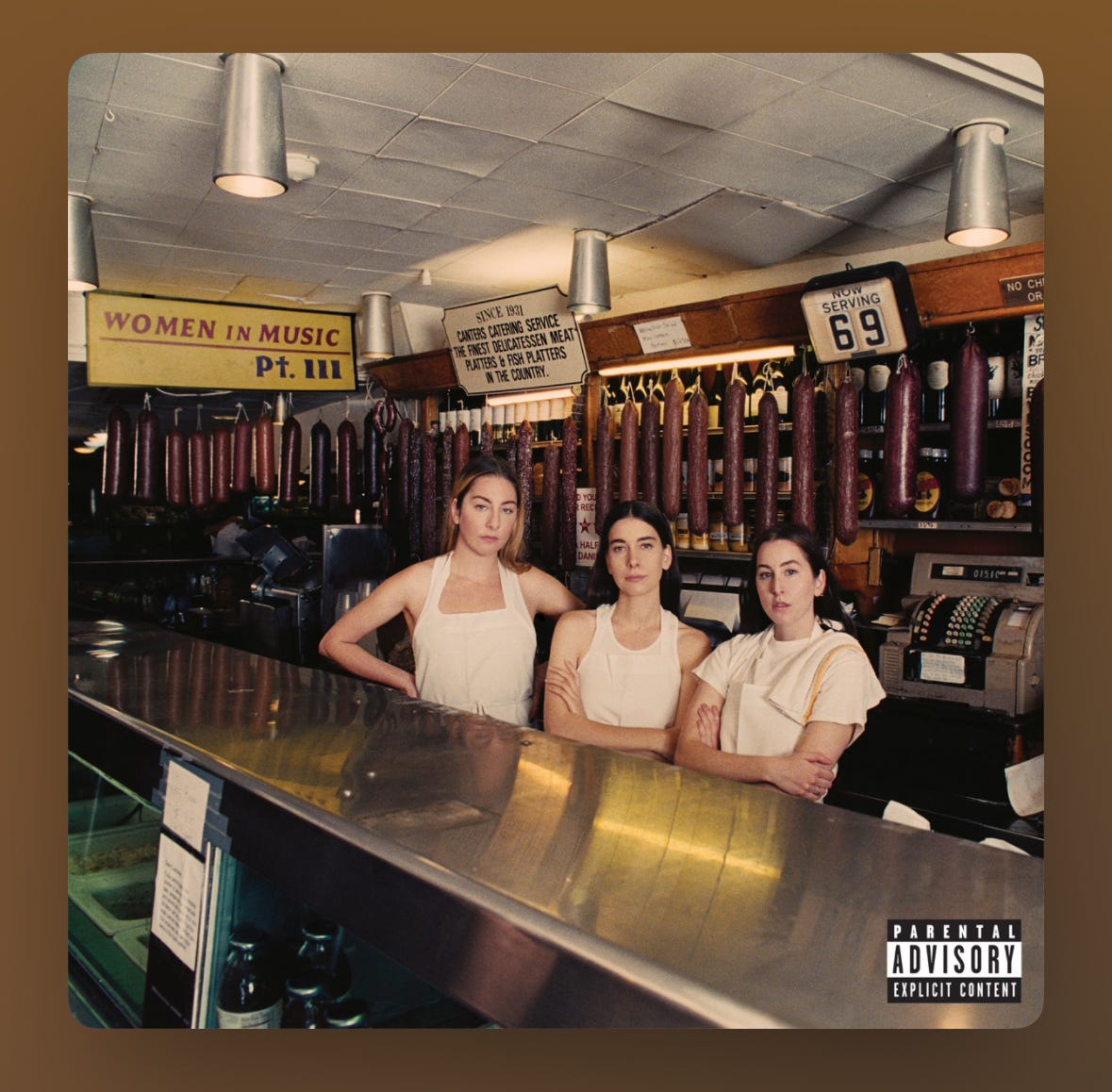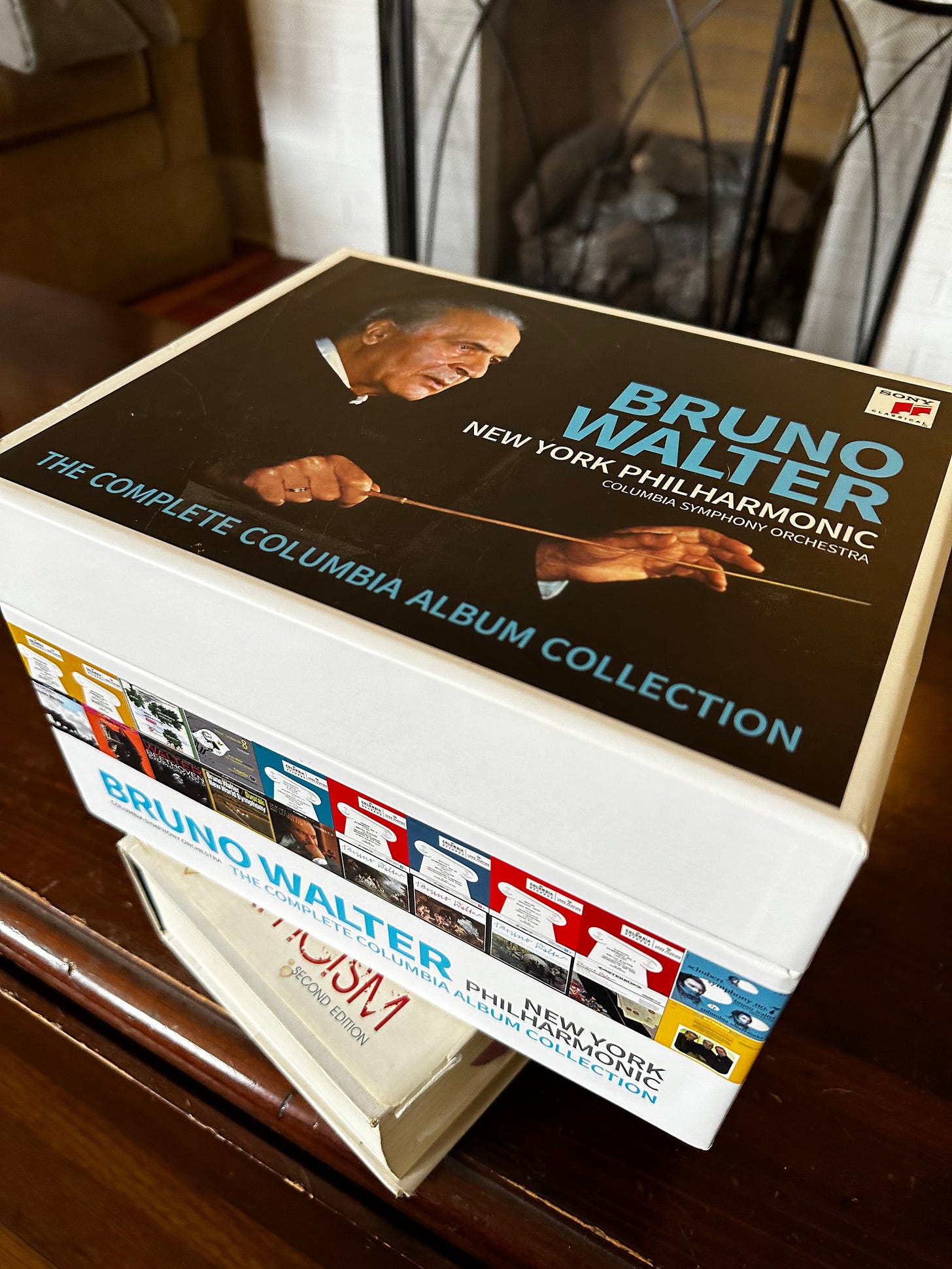
Dear Reader,
I’m surprised and thrilled by how many of you are joining in on the Beowulf Challenge! That certainly puts the pressure on, and I’ll do my best to make it worth your while. A few quick takes about responses so far:
A number of you commented on the audio clip of Old English. I’ll endeavor to include some more clips of relevant passages over the next few weeks to give you a flavor of the language. I’ll also collect some links to performances of Beowulf and Old English recitations that some of you have sent and post them.
Speaking of audio, some of you are following along by using Heaney’s own audio recording. I have listened to it, and it is wonderful. You should be aware, however, that it is somewhat abridged. That’s not necessarily a problem, but I don’t want you to be confused if we refer to passages that the recording skips over. I think that there is also an unabridged audio version of the Heaney translation by another reader (which I haven’t heard), but, of course, with that one you wouldn’t get Heaney’s dulcet Irish tones.
I mentioned in Wednesday’s piece that the quasi-Christian language of some of the characters might be surprising. One way to think about it is to consider their references to “God” as interchangeable with “wyrd,” or fate. When Beowulf tells Hrothgar that reputation will be one’s only immortality after death (I paraphrase), he makes it clear that he has no concept of a Christian heaven. Hrothgar pushes things even further into apparently Christian language, when he speaks of “eternal rewards,” though this is in the context of a speech in which he is discussing the consequences of reputation. Again, the poet is careful not to have his characters make any explicitly biblical references, even though the narrator does so on a couple of occasions.
One thing that I neglected to include in the “discussion questions”: what do you make of Beowulf’s exchange with Unferth and the story of the swimming match with Breca? This is one of a few times in the poem that we hear of Beowulf’s past, and there seem to be conflicting accounts of it.
Keep the comments and questions coming, and I’ll try to keep up. Next Wednesday, I’ll give you some of my ideas about this part of the poem, including a close reading or two, and I will give some reading tips as you move on to the next section.
Bernstein and the Rotation
As some of you requested, particularly
, I’m making the Bernstein playlist permanent, with a new link, which you may find here:The Bernstein Playlist from PCF
I may add to it from time to time, but I won’t delete anything. To those of you who are new here, I introduced the Bernstein playlist in this post. Meanwhile, if you haven’t read Susan’s piece on Bernstein and Maestro, I commend it to you:
Meanwhile, the PCF Rotation playlist is getting an overhaul this week. Here is the new link to the Rotation:
A few comments on some of the inclusions:
We lead off with the wonderful violinist Rachel Podger and the Orchestra of the Age of Enlightenment playing Haydn and Mozart. Start your day with this record, and your day will be better than it would have been otherwise.
If you haven’t listened to the three sisters that form the group HAIM, you’re in for a treat. It’s great pop music. Start with “Los Angeles,” the first track, and you will be hooked.
I’m asking my students this semester to listen to music, which may seem unusual in an English course, but since this is a course that focuses on ecology, we are listening to music that evokes space and place. First up is Beethoven’s Pastoral Symphony, conducted by the great Bruno Walter, and I include it in the Rotation this week. It’s a 1958 recording, but it sounds wonderful. Those Columbia engineers really knew what they were doing. One of the final box sets that I bought before I stopped purchasing CDs was The Complete Columbia Album Collection of Bruno Walter. (I still buy music, by the way, but in downloadable form.) What a legacy: here is a man who was Mahler’s assistant and conducted the first performance of Mahler’s Ninth Symphony and then lived long enough to make stereo recordings for Columbia records. At some point I may have to write a piece on Walter and make a Bernstein-style PCF playlist of his recordings for y’all. (By the way, it was Walter that Bernstein was subbing for when he conducted his first concert with the NY Phil, as depicted in Maestro.)
Other selections this week: neo-medieval choral music by Henrik Ødegaard, some great straight-ahead jazz by Shamie Royston, another recording of Mahler 2, this one by Zubin Mehta and the Vienna Phil (if you loved the Bernstein performance, you may be interested in this alternative interpretation), and more.
I’ll be back on Sunday with The Stack of the Week, and next Wednesday, as we continue the Beowulf Challenge.
Thanks for reading, from my fancy internet typewriter to yours.









Oh my lord, that Bruno Walter box set! 😍
And it's definitely a day for Mozart. I shared the second movement of the Sinfonia Concertante earlier this morning as today's moment of musical zen.
Thanks so much for the recommendation of my post on Bernstein! And for making that playlist permanent….! (By the way, check out this week’s post for a (semi-) musical explanation of “Any questions?”